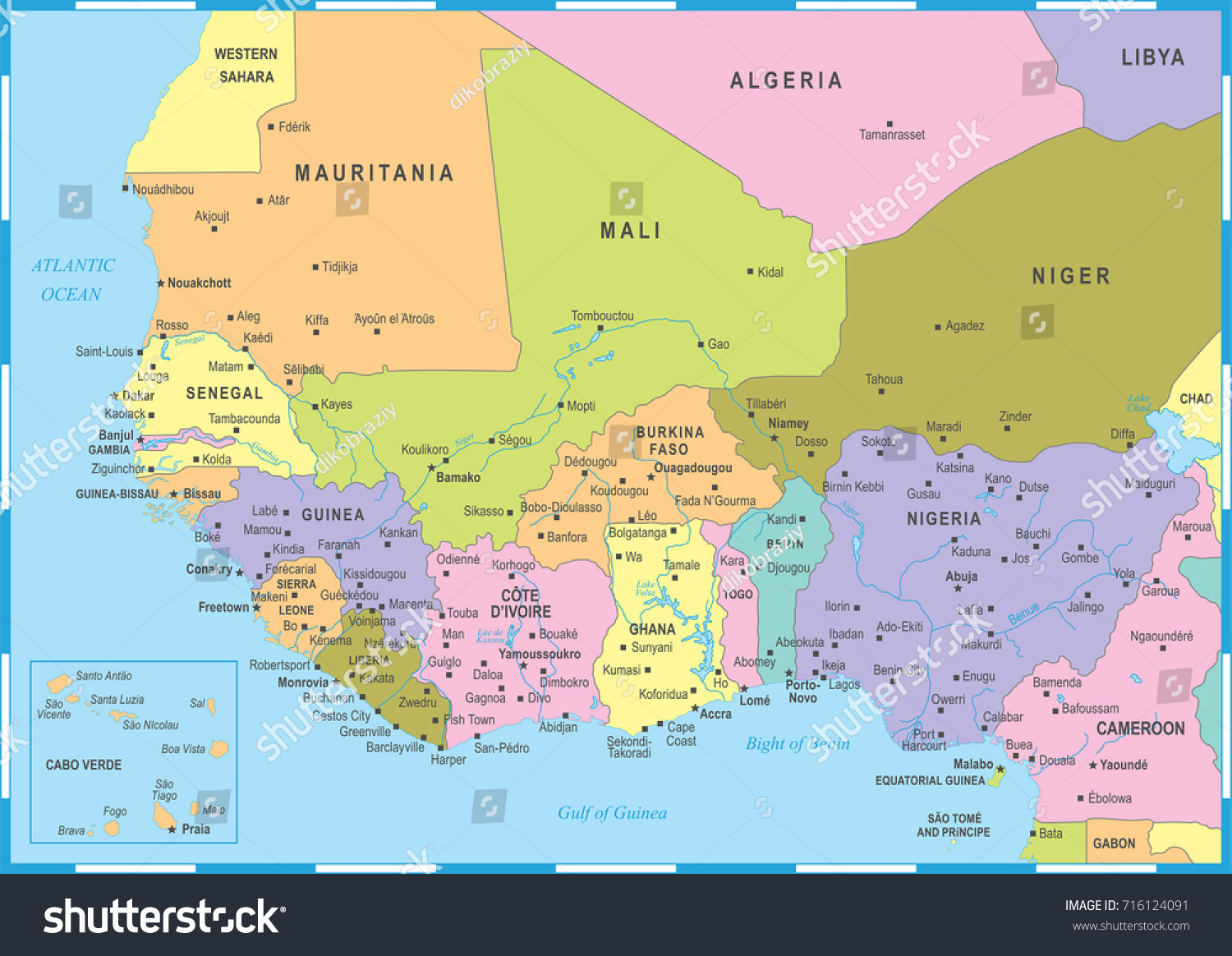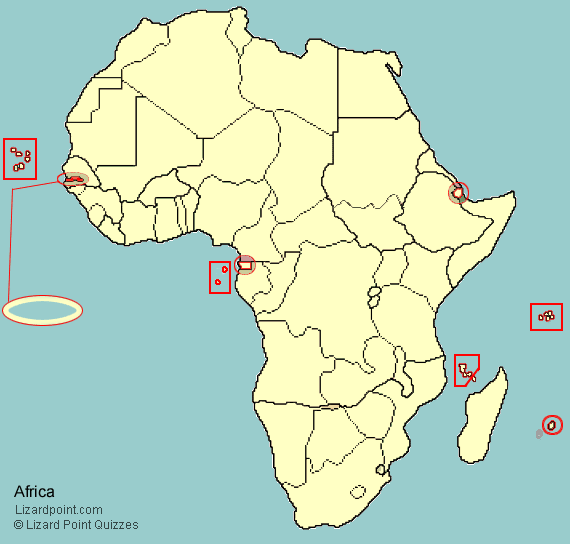Blank Map Of West Africa Quiz
African History
Apr 11, 2019 In this Africa map game, you need to name the countries of Africa by identifying them on the blank map. Can you score 100% in our Africa map quiz? Fill in the blank now! The rules are simple: In this online Africa map quiz, you will be shown a blank African map with one highlighted country. Jul 02, 2018 Can you find the countries of Africa? Test your knowledge on this geography quiz to see how you do and compare your score to others. Geography Quiz / Find the Countries of Africa Random Geography or Africa Quiz. Tags: Africa Quiz, Clickable Quiz, Continent Quiz, Country Quiz, map, Picture Click. Top Quizzes Today. Top Quizzes Today in.
African Origin of Modern Humans

As for Africa, scientists have formerly concluded that it is the birthplace of mankind, as large numbers of human-like fossils (discovered no where else) were found on the continent, some dating back 3.5 million years.
About 1.75 million years ago, early man spread throughout parts of Africa. They became aggressive hunters, lived in caves and used fire and their ability to create stone tools just to survive.
The Neanderthals arose some 200,000 years ago and inhabited regions in northern Africa and across parts of southern Europe. There is also clear evidence that they had control of fire, lived in caves, as well as open-air structures of stone and vegetation.
One of the most important developments of primitive man was the creation of stone tools. By 5000 BC farming was somewhat common in the northern areas of Africa, as people were growing crops and herding livestock. During that time the Sahara Desert was a fertile area.
Ancient African History
In 3200 BC the Egyptian culture emerged along the lower reaches of the Nile River; it was among the earliest civilizations and their tools and weapons were made of bronze. They also pioneered the building of massive pyramids and temples.
Egyptians also developed mathematics, an innovative system of medicine, irrigation and agricultural production techniques, writing and the first ships. In short, the Egyptians left a lasting legacy upon the world.
Chimica un approccio molecolare pdf creator. Around 600 BC the use of metal tools spread across small population bases and farming groups in North Africa, and their use gradually spread south into what is now called South Africa.
Blank Map Of Africa Pdf
The Phoenicians were an enterprising maritime trading culture from Lebanon who spread across the Mediterranean from 1550 BC to 300 BC. In 814 BC, they founded the city of Carthage in what is now Tunisia in north Africa; only to be destroyed by the Romans in 146 BC.
Meanwhile, the Egyptians continued to spread their culture across Northern Africa, and kingdoms were created in Ethiopia and Sudan. The then-growing Roman Empire continued to expand its influence, and in 30 BC Egypt became a province of Rome; Morocco the same in 42 AD.
Before the Middle Ages began, the Roman Empire collapsed and the Arabs quickly took their place on the continent. In 698-700 they invaded Tunis and Carthage and soon controlled all of coastal North Africa. The Arabs were Muslims, and most of North Africa converted to Islam; Ethiopia was the exception.
Soon kingdoms emerged in Africa; they traded with the Arabs using gold plus a valuable commodity - slaves. One of the first kingdoms was Ghana, located in what is now southeastern Mauritania and western Mali. The empire grew rich from the trans-Saharan trade in gold and salt, but then lost its power in the 11th century.
Additional kingdoms developed across the continent, including those in Benin and Mali.Both became rich by trading in gold, horse salt, and of course, slaves. And like most kingdoms before them on any continent, they were invaded and in the end destroyed.
Mogadishu, the now largest city in Somalia, was settled by Arabs who traveled and traded on the east coast of Africa. The Arabs' reach extended to Zanzibar, which was used as a base for voyages between the Middle East and India.
As other organized kingdoms were formed in central and southern Africa, the Portuguese began to explore the western coast of Africa. By 1445 they reached the Cape Verde Islands and the coast of Senegal, and the mouth of the River Congo in 1482. They even sailed around the Cape of Good Hope.
African Colonization and the Slave Trade
The continent-changing 16th Century began with Europeans transporting African slaves to the Americas for profit. A slave purchased on the African coast for the equivalent of 14 English pounds in bartered goods could sell for 45 pounds in the American market.
The best-known method of commerce at the time was called the Triangular Trading System. It involved British and other European countries' manufactured goods which were shipped to Africa, then slaves from there to the West Indies and then sugar and other products back to Europe.
At the same time, Barbary pirates along the North African coast captured thousands of ships. From the 16th to 19th century, an estimated 800,000 to 1.25 million people were taken captive as slaves. The pirates' impact on the continent, however, peaked in the early to mid-17th century.
As tales of African riches spread north, the Europeans founded their first real colonies in the early 16th century, when the Portuguese settled in what is now Angola. Later, the Dutch founded a colony in what is now South Africa.
Strong movements to end slavery began in the late 18th century. France became one of the first countries to abolish slavery in 1794. Britain banned slave trade in 1807, but it was not officially abolished for good until 1848. In some parts of Africa, slave-like practices continue to this day and have proven difficult to eliminate.
Wholesale colonization of Africa by European countries began in 1814 when the Britishsnatched the Dutch Colony of South Africa. Carved up like a large pie, the Brits, Dutch,French,Germans and Portuguese grabbed all of the available pieces.
By the end of the 19th century, from Algeria to Zimbabwe, and from Botswana to Niger,the continent was now all but controlled by European powers. In the early 20th century the land grab continued as the British took control of Egypt.

By 1920, the forced occupation of African lands began to sour in Europe, and change was in the wind. Africans were also driven by their passionate desire for independence and the movement for same became unstoppable. By mid-century most of the continent was independent, with Angola finally free in 1975.
Post-Colonial Africa
Self-government brought more than its share of civil wars, coup d'états and ethnic conflicts to the newly emerged countries. Add to that mix some horrible genocides, along with famines and out-of-control disease (HIV/AIDS), and Africa was teetering on the edge, and in many areas still does today.
Although Africa remains the world's poorest inhabited continent, there are many bright spots in this land of over one billion people and its 2,000 + languages. Significant economic and social gains have taken place over the last few years, with South Africa,Nigeria,Moroccoand Egypt leading the way.
The largest segments of modern Africa's economies are agriculture and mining, with tourism growing in some areas. Manufacturing industries have grown large enough to ship products across the planet, and the oil export revenues of Angola,Libya and Nigeria have the potential to change the lives of millions.
Printable Map Of Africa Quiz
Today the 54 countries of Africa have great potential, but this question must be asked: 'Can it change soon enough to meet the needs of its people?' We can only hope so.





